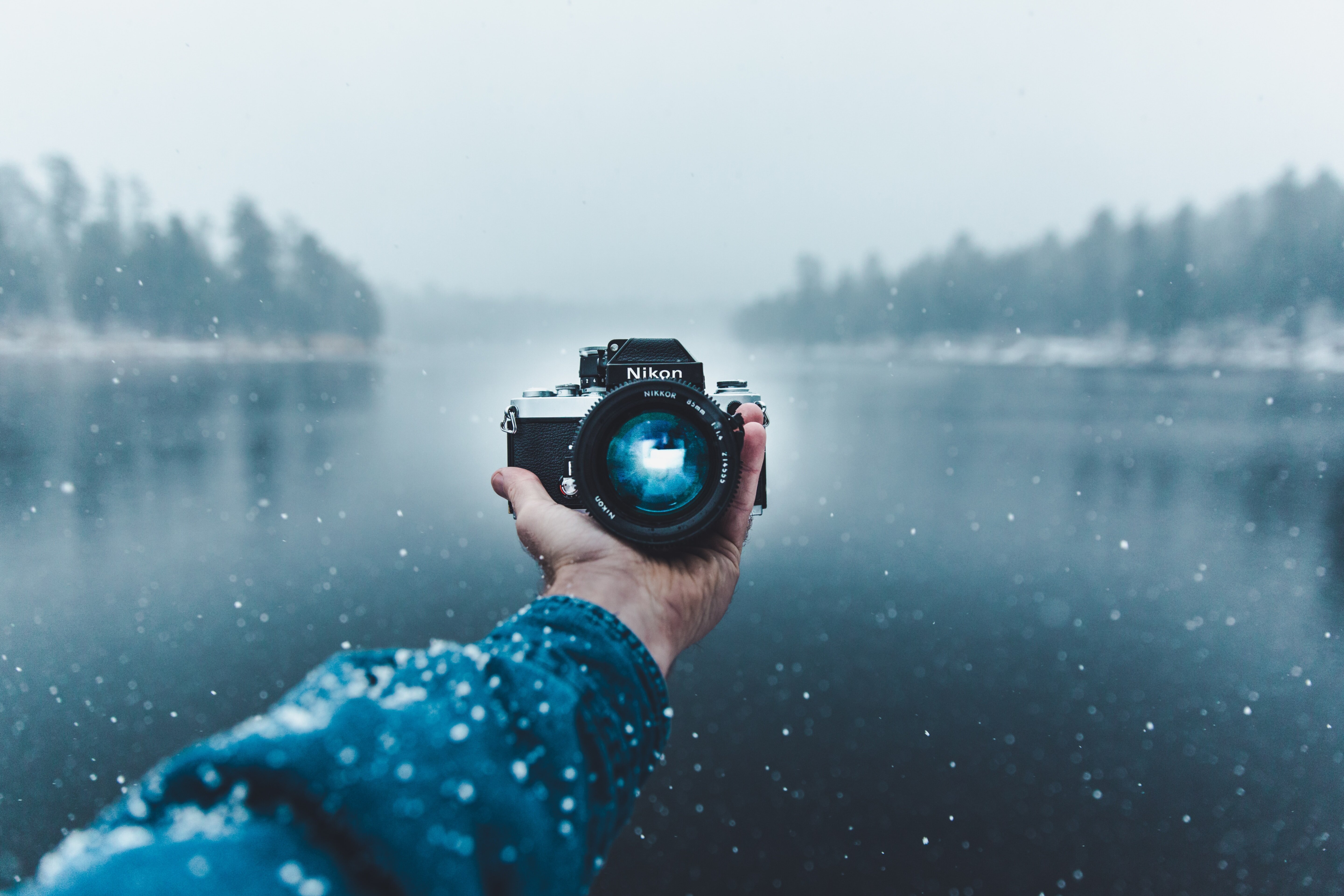The Human Element in AI-Generated Portraits Balancing Personalization and Privacy in 2024

It’s fascinating, isn't it? We're watching the digital canvas evolve almost daily, and nowhere is this more apparent than in the creation of portraits. I spend a good amount of time looking at the outputs from various generative models, and while the technical fidelity is often stunning—the texture of skin, the way light catches an eye—I keep coming back to a central question: where exactly does the *person* reside in these synthetic likenesses? We’ve moved far past the uncanny valley; now we’re wrestling with something far more subtle: the soul of the image, or at least, the traceable ghost of the data it was trained on.
When someone commissions a portrait today, whether for a digital identity or a unique piece of art, they are navigating a tightrope walk between wanting something deeply recognizable and something entirely new. The machine is exceptionally good at interpolation—blending existing styles and features—but true personalization requires a degree of intentionality that the algorithm doesn't inherently possess. It needs human guidance, feedback loops, and, perhaps most importantly, the subject's comfort level with what is being revealed or synthesized about them. This intersection of desire and digital representation is where the real engineering challenge—and the ethical quandary—hides in 2025.
Let’s consider the personalization angle first, separating it from mere aesthetic preference. When a model generates a portrait, it relies on input prompts, reference images, or perhaps even biometric data if the user is willing to share it for a highly specific result. If I ask for a portrait "in the style of Rembrandt but younger," the model accesses a vast library of visual information tagged with those descriptors. The personalization comes from the *selection* of those tags and the iterative refinement process—the back-and-forth where I tell the system, "No, make the shadow less harsh," or, "Adjust the expression to convey quiet skepticism." This interaction is fundamentally human; it’s a directed conversation with the latent space of the model. If the subject provides very few references, the resulting image becomes statistically averaged, a beautiful but ultimately generic representation of "a person." Therefore, the deeper the personalization desired, the more explicit, and potentially sensitive, the input data needs to be. We are effectively trading data specificity for bespoke artistic output.
Now, let’s pivot sharply to the privacy dimension, which feels increasingly like the necessary counterweight to perfect personalization. Every piece of data used to train these foundational models, and every prompt supplied during generation, leaves some sort of trace or contributes to the overall statistical understanding the system has of human appearance. If I use my own photograph as a seed image to create a dozen variations, I am implicitly consenting to the model analyzing and replicating certain biometric markers, however abstractly represented in the weights. The concern isn't just about the final image being public; it's about the *process* of creation. How much of my unique facial geometry is now implicitly encoded within the model's parameters after I’ve fed it highly specific inputs? We lack standardized, transparent auditing mechanisms to truly know what characteristics are being retained or generalized from individual inputs, especially across proprietary black-box systems. This forces a necessary reticence: do I push the personalization boundary to get that perfect likeness, knowing that I am contributing more fine-grained data points about my own visual signature to systems I cannot fully inspect? It’s a trade-off where the known risks are growing faster than the established protocols for mitigating them.
More Posts from kahma.io:
- →65-Year-Old CEO's Unconventional AI Portrait Shoot Bodybuilders and Rap Meet Corporate Imagery
- →AI-Generated Portraits Analyzing the Visual Impact in Demons of the Punjab Episode
- →Exploring the Intricacies of Mosquito Legs Redesigning Nature's Remarkable Feats
- →Unveiling the Efficiency Boost 8 Intriguing Facts about Hillis Beta Reduction in Clojure
- →How Kneser-Ney Smoothing Revolutionizes Text-to-Speech Pronunciation Accuracy
- →7 Techniques to Build Robust Knowledge Graphs for AI Photography Education